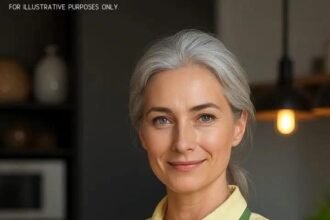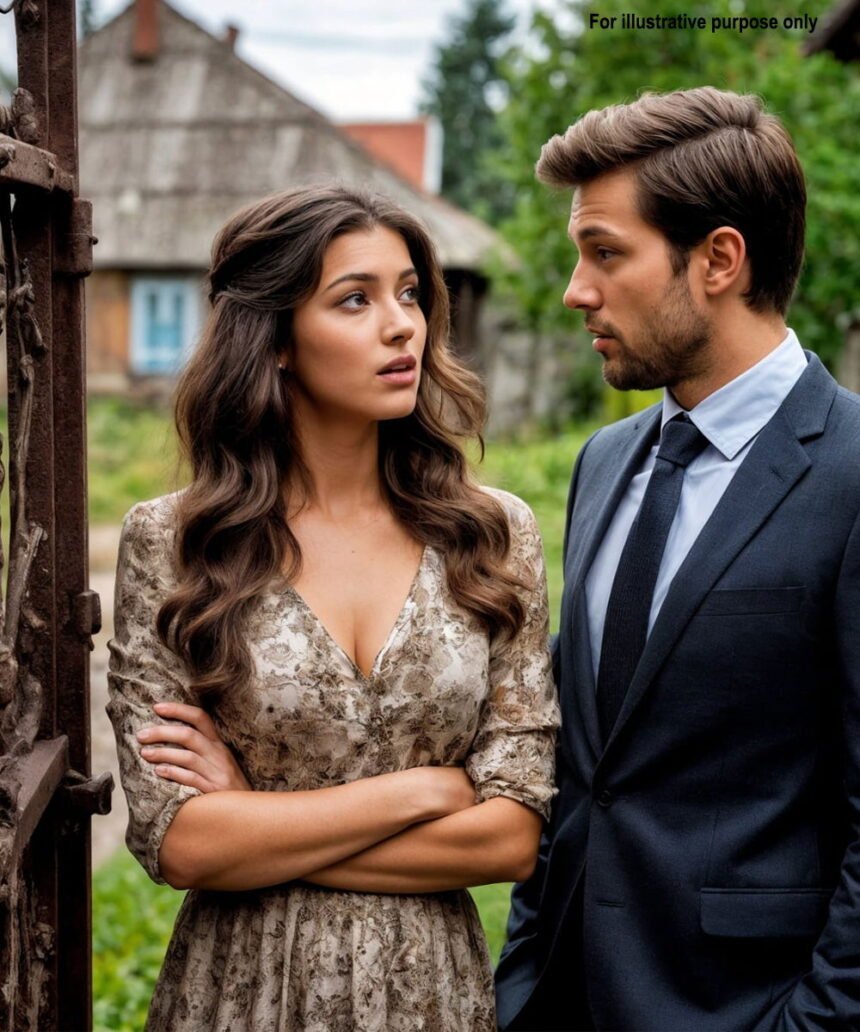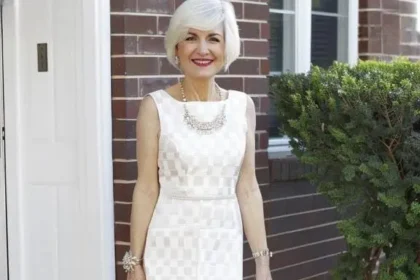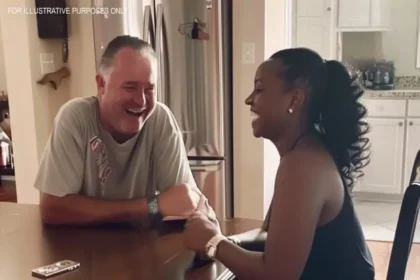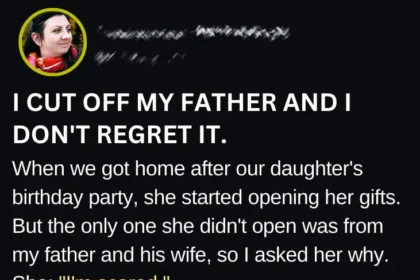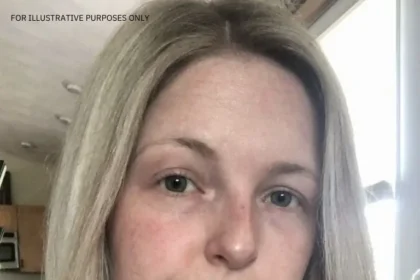A year later, Zulfia-apa suffered a stroke. Doctors said she wouldn’t survive a trip to the city.
Timur didn’t give up. He brought a doctor, hired help, fed her, cleaned her, read to her.
Each time, he whispered:
“This is for you, Mom. For what I couldn’t do back then…”
Then one day—he came.
The man Timur had avoided naming for years.
His father.
Older, stooped, dressed neatly.
He arrived by bus and stopped at the gate.
“You…?” Timur stood in the doorway.
“I heard you’ve become a good man. I won’t ask for anything. Just wanted to see you.
Even from afar.”
Timur said nothing. Just opened the gate.
“Come in. Mom waited for you until the end.
Now I understand why she forgave—even without a reply.”
His father didn’t move in. But he visited. Helped in the garden.
Drank tea. They spoke not of the past, but the present. And it was enough.
Years passed.
Timur aged. His hair turned gray. His steps slowed.
But each morning, he opened the gate—just in case.
“Why?” someone once asked.
“Because there must always be doors that stay open,” he replied. “Otherwise, the heart forgets how to beat.”
Timur’s final days were quiet. He never left the village.
It was where they found him. Where they buried him.
The village fell silent—not because he was gone, but because they understood: he had taught them to hope, to forgive, and to stay.
On the stone at Raniya and Timur’s grave, these words are carved:
“Sometimes the road home is the road to yourself.”
And everyone who reads them leaves a little changed.
A little closer to home.
A little closer to who they are.


